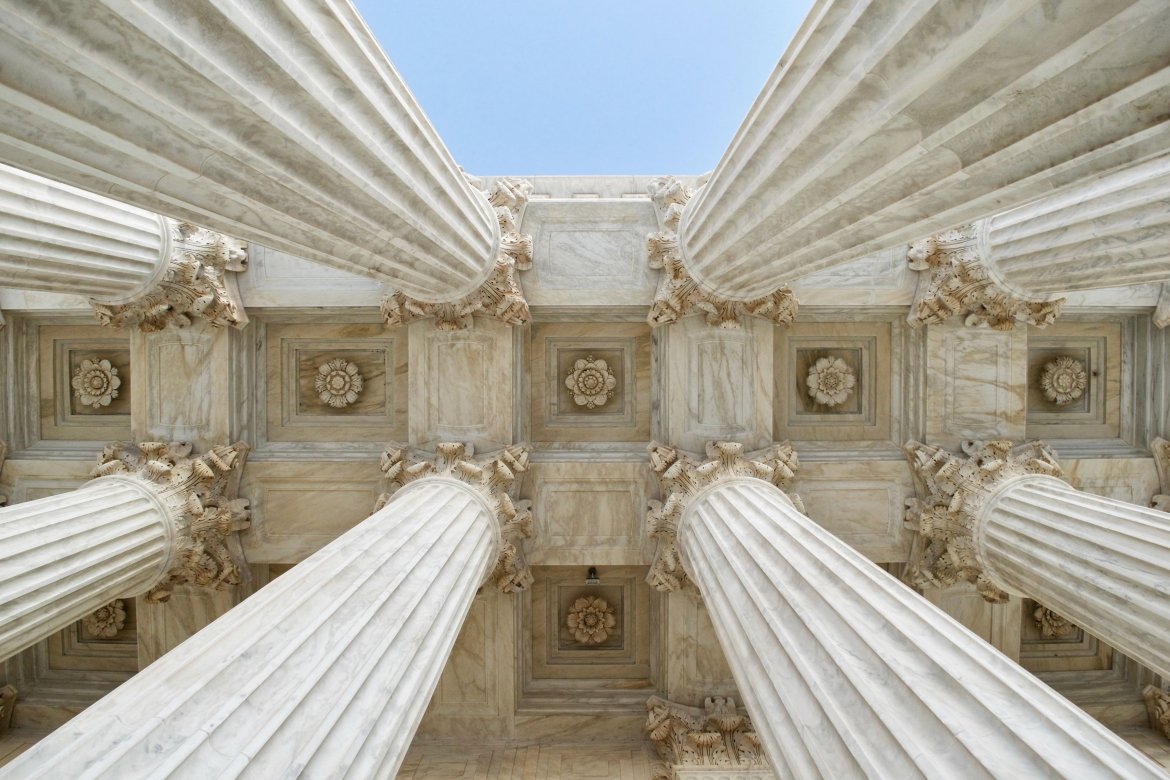Supreme Court limits LGBTQ+ protections

Mount Holyoke College assistant professor of politics Joanna Wuest spoke to the Christian Science Monitor about the recent SCOTUS ruling in 303 Creative LLC v. Elenis.
On June 30, the Supreme Court of the United States ruled in favor of a Christian web designer in Colorado who refused to create a website to celebrate a same-sex wedding, citing her religious objections.
Joanna Wuest, assistant professor of politics at Mount Holyoke College, spoke to the Christian Science Monitor about this ruling and how, during the nearly two-decade tenure of Chief Justice John Roberts, the nation’s high court has redefined the meaning of religious freedom in America.
“The Roberts court is indeed a historic anomaly in its religious liberty decision-making,” said Wuest.
“Whereas many twentieth-century religious liberty decisions were made on behalf of unpopular religious minorities like Jehovah’s Witnesses and Seventh Day Adventists, the Roberts court frequently protects religious merchants seeking to deny service to LGBTQ+ customers and publicly funded religious social service agencies refusing to place foster and adoptive children with LGBTQ+ married couples,” Wuest continued.
